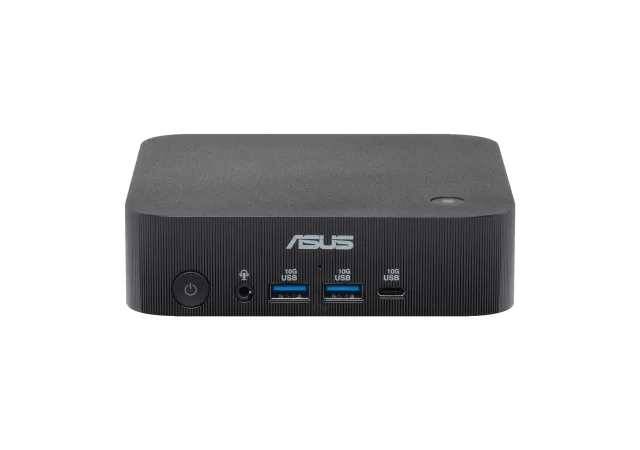When you think of Razer, the first things that likely come to mind are high-performance gaming peripherals, slick designs, and maybe their iconic green logo. What you might not immediately associate them with is cutting-edge AI research and development. However, Razer is making a strategic and significant move to change that perception with the launch of its new AI Center of Excellence in Singapore. This new facility marks the first phase of a broader global strategy to establish interconnected AI hubs in Singapore, Europe, and the United States. It’s a clear statement that Razer intends to be a leader in the future of AI-driven gaming.

A Strategic Move for AI Gaming
The new center in Singapore, supported by Digital Industry Singapore, will serve as a cornerstone of Razer’s efforts to develop next-generation AI gaming technologies. The company has ambitious plans to hire 150 AI specialists locally, spanning disciplines such as engineering, data science, and game development. This initiative aligns with Singapore’s national vision to strengthen its own AI capabilities and lead digital transformation. According to Li-Meng Lee, Razer’s Chief Strategy Officer, the goal is to lead the future of gaming by advancing research, talent, and product innovation. This new center is poised to become one of Singapore’s largest and most advanced AI gaming facilities, with a mission to deliver AI-powered gaming solutions that improve production efficiency, deepen player engagement, and elevate game quality worldwide.
Razer’s AI in Action
Razer isn’t just talking about AI; it’s already deploying it in its products. The company’s AI suite is designed to empower developers and studios with intelligent tools. One leading example is Razer Game Co-AI, a generative AI copilot that provides real-time tactical coaching tailored to a player’s individual behavior. This allows for more dynamic and personalized gaming experiences. Another key solution is Razer QA Companion (QA Co-AI), an AI-powered tool that automates quality assurance testing and bug detection. By reducing QA time by up to 50%, QA Co-AI helps developers improve game quality, lower production costs, and accelerate time-to-market. These products showcase Razer’s ambition to use AI not just for better hardware, but for smarter and more efficient gaming experiences.

A Look to the Future
The launch of the Singapore center is just the beginning. Razer’s upcoming AI hubs in Europe and the United States will build on this foundation. The European center, for example, will lead the growth of WYVRN, a comprehensive developer platform with a single SDK that gives developers access to Razer’s proprietary technologies, including AI Game Tools, Sensa HD Haptics, Chroma RGB, and THX Spatial. With the gaming industry projected to reach nearly US$400 billion by 2033, and AI gaming alone expected to surge to US$28 billion, this strategic investment is a clear signal that Razer is intent on cementing its position not just as a hardware brand, but as a leader in the next generation of gaming technology.






